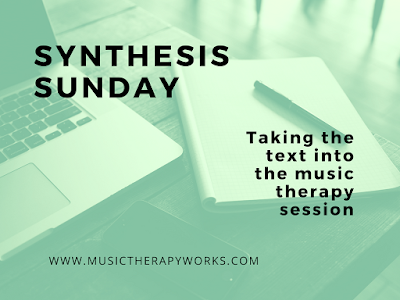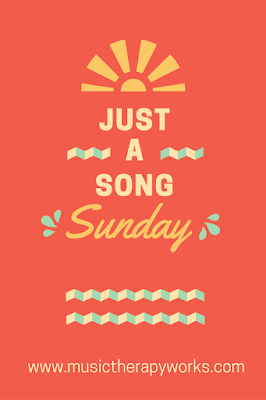Songwriting Sunday: Remembering My Theory

A long time ago, I did a survey with the interns in the Midwestern region (where I live) of the US. One of the questions I asked was, "what advice would you give to current music therapy students about what surprises you about being an intern?" Almost everyone responded with a variation of "don't sell your music theory book back." They went on to comment about how much they needed the theory that they had learned and then forgotten after their last final. This is a truth that I come back to over and over. Music theory is important in the life of a music therapist. I know, having to relive the days of dictation and sight singing, keyboard harmony and learning typical progressions is not always a happy thought for many of us, but it is important to know those foundational expectations when you are trying to interpret the "can you play that one song? You know, the one that goes duh, duh duh duh, duh." Well, keep singing as I figure it out... I use theory...








